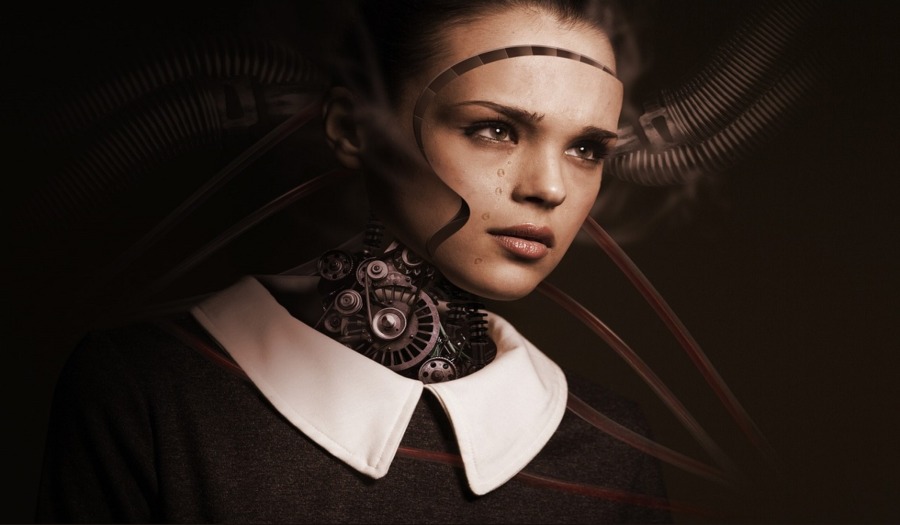The Future of AI Companionship: Exploring Intimacy and Relationships with Lifelike AI Companions
- Ingrid Jones
- Technology
- Trending
- July 9, 2023

The world of artificial intelligence (AI) is rapidly evolving, with profound implications for various aspects of human life. One area that has sparked curiosity and controversy involves the development of lifelike AI companions, including those focusing on intimate relationships. Although considered taboo in many parts of the world, AI companions are lifelike robots. With advancements in AI, they may soon become indistinguishable from humans.
Artificial companions, like humanoid robots and lifelike dolls, are already a reality. These innovative creations cater to individuals seeking connection and closeness. While some may view these developments as unconventional or stigmatized, it is crucial to acknowledge the legitimate reasons behind their existence. Many individuals face challenges in finding companionship due to difficult circumstances or struggle with intimacy. For them, these lifelike AI companions fill a genuine need for understanding and human connection.
The creation of AI companions is driven by two significant factors: financial considerations and the innate human desire for acceptance and relationships. Corporations have capitalized on the demand for lifelike companions, generating significant revenue from their production and sales. Simultaneously, the human need for intimacy and connection fuels the demand for these AI companions. They offer solace to individuals who encounter difficulties in traditional relationships, providing a sense of understanding and emotional support.
Accepting AI companionship and its integration into society raises profound philosophical questions. Like the initial reception of online dating, AI companionship is currently subject to stigma and secrecy in many regions. However, societal norms and perceptions evolve. As more people embrace the concept of online dating and dating apps, there is potential for a similar shift in attitudes toward AI companionship. Society may become more open-minded, accepting an individual’s choice and autonomy in pursuing relationships with AI.
Looking ahead, the rise of AI and the availability of lifelike AI companions present questions about our readiness and willingness to accept. Will we evolve to embrace AI companionship as a valid option for individuals seeking intimacy and emotional connection? Can we overcome the judgment and stigma associated with unconventional relationships? These are complex questions without simple answers, as opinions and perspectives vary among individuals and cultures.
The future of AI companionship holds both promise and challenges. As technology advances and AI becomes more sophisticated, lifelike AI companions may become virtually indistinguishable from humans. While corporations continue to profit from the demand for these companions, it is essential to recognize that they serve a genuine need for many individuals who struggle with intimacy or face challenging circumstances. Society’s acceptance of AI companionship will depend on our ability to be open-minded and respect an individual’s choice to pursue unconventional relationships. As we progress, engaging in thoughtful discussions and considering ethical implications will be crucial to balance technological advancements and human values.








